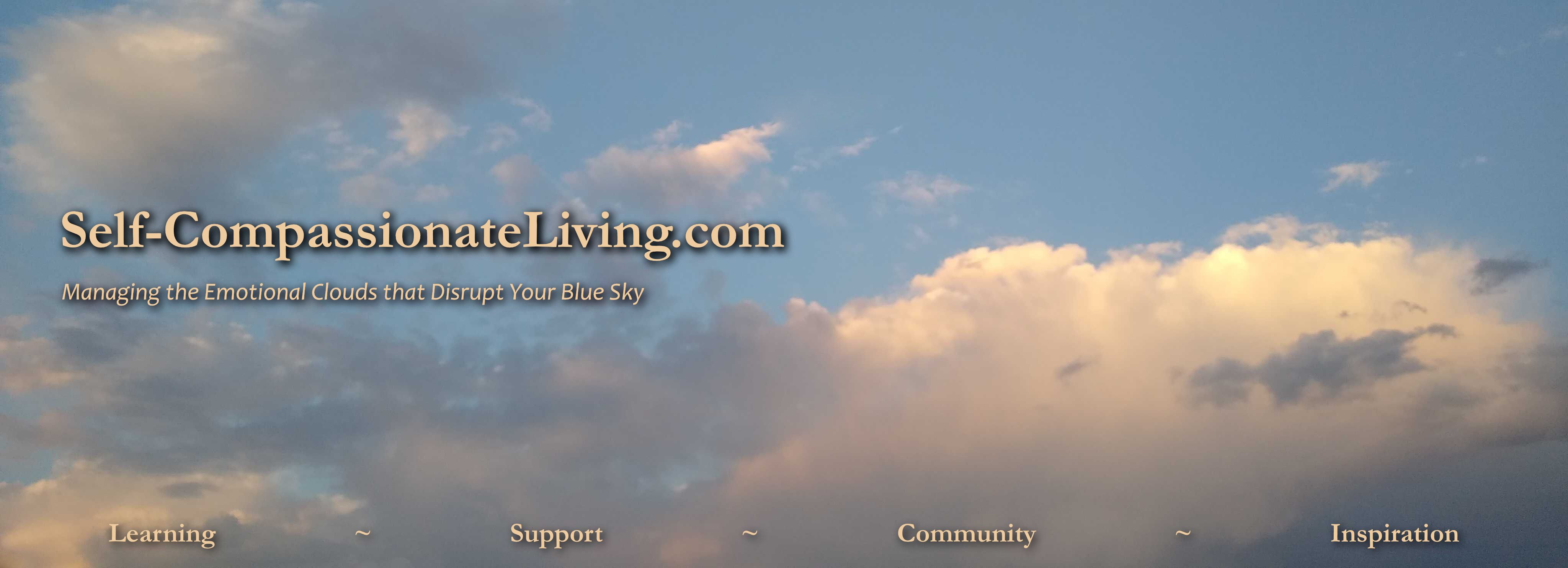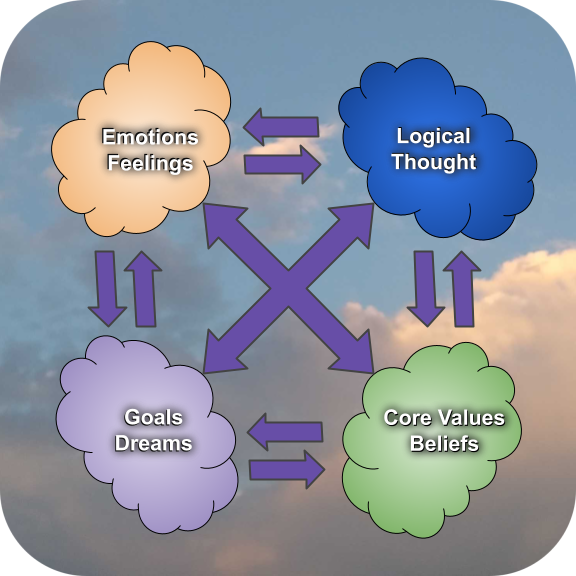Self-CompassionateLiving.com is committed to offering anyone in any belief system tools to help them suffer less and experience more Joy, Peace, and Contentment. It’s about creating meaning for each moment by managing your mind so you treat yourself lovingly and kindly.
All writing, videos, and photographs by Blair Ashby unless otherwise noted.
©2024 Blair Ashby. All rights reserved.



